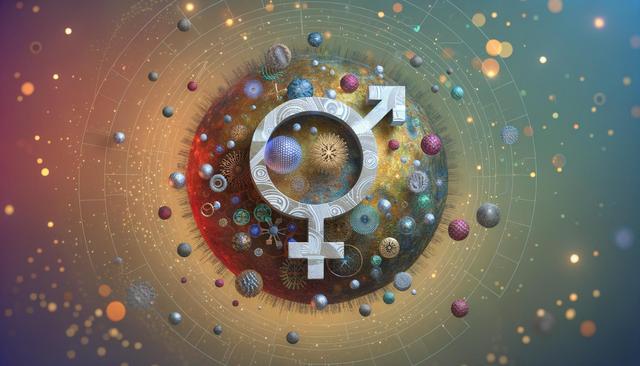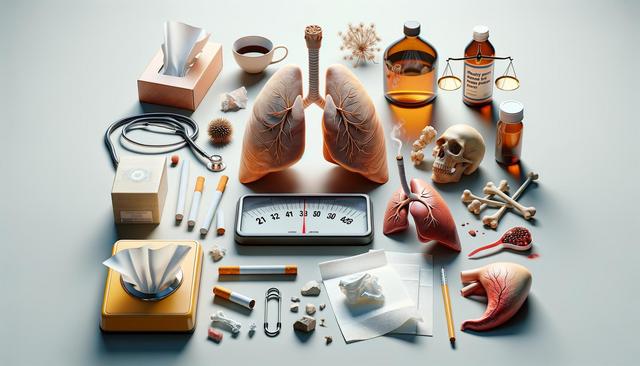What Causes Low Estrogen Levels?
Low estrogen levels can occur for a variety of reasons, and understanding the cause is essential for addressing the symptoms effectively. Typically, natural aging processes like menopause are the most common causes. However, several other factors may contribute, such as:
- Autoimmune disorders
- Ovarian failure
- Excessive exercise
- Severe weight loss or eating disorders
- Certain medical treatments like chemotherapy
In younger individuals, conditions like hypogonadism or genetic disorders can also lead to decreased estrogen production. Identifying the underlying cause with the help of a healthcare provider is the first step toward finding an appropriate management plan.
Common Symptoms of Low Estrogen
Recognizing the symptoms of low estrogen can be challenging, as they often resemble other health issues. However, some signs are closely associated with decreased estrogen levels. These symptoms may include:
- Hot flashes and night sweats
- Irregular or absent menstrual cycles
- Vaginal dryness and discomfort during intercourse
- Sleep disturbances
- Mood swings, depression, and anxiety
Physical changes such as dry skin, thinning hair, and brittle bones can also indicate low estrogen. Early recognition of these symptoms allows for timely intervention and management, improving overall well-being.
Impact of Low Estrogen on Long-Term Health
Low estrogen levels do not just cause immediate discomfort; they can also have long-term health implications. Estrogen plays a critical role in maintaining bone density, so its deficiency can increase the risk of osteoporosis. Additionally, a lack of estrogen may contribute to cardiovascular issues, as estrogen helps regulate cholesterol levels and supports heart health. Women with prolonged low estrogen levels may also experience:
- Increased risk of urinary tract infections
- Memory issues and cognitive decline
- Changes in body fat distribution
Managing estrogen levels through lifestyle changes, medications, or hormone therapy, when appropriate, can help mitigate these risks. Regular health screenings and consultations with healthcare professionals are also vital.
Diagnosis and Treatment Options
Diagnosing low estrogen typically involves a combination of medical history, physical examination, and blood tests to measure hormone levels. Once diagnosed, treatment depends on the underlying cause and severity of the symptoms. Common approaches may include:
- Hormone replacement therapy (HRT)
- Topical estrogen treatments
- Dietary and lifestyle modifications
- Use of non-hormonal medications to manage specific symptoms
Some individuals may benefit from incorporating foods rich in phytoestrogens, such as soy products, flaxseeds, and legumes, into their diets. Always consult a healthcare provider to discuss the advantages and potential risks associated with different treatment options.
Self-Care and Lifestyle Tips for Managing Low Estrogen
While medical treatments are often necessary, lifestyle adjustments can significantly enhance the management of low estrogen symptoms. Incorporating regular exercise, especially weight-bearing activities, can help maintain bone density and overall well-being. Other helpful strategies include:
- Eating a balanced diet rich in calcium and vitamin D
- Practicing stress-reduction techniques like mindfulness and yoga
- Maintaining a consistent sleep schedule
- Avoiding smoking and limiting alcohol intake
Building a supportive network of family, friends, and healthcare providers can also make a significant difference. Emotional support and open communication are key components of managing the challenges associated with low estrogen levels.
Conclusion
Understanding low estrogen symptoms and their impact is crucial for anyone experiencing hormonal changes. Early recognition, proper diagnosis, and a combination of medical treatments and lifestyle adjustments can improve quality of life significantly. If you suspect you may have low estrogen, seeking guidance from a qualified healthcare professional is an important step toward feeling better and maintaining long-term health.


